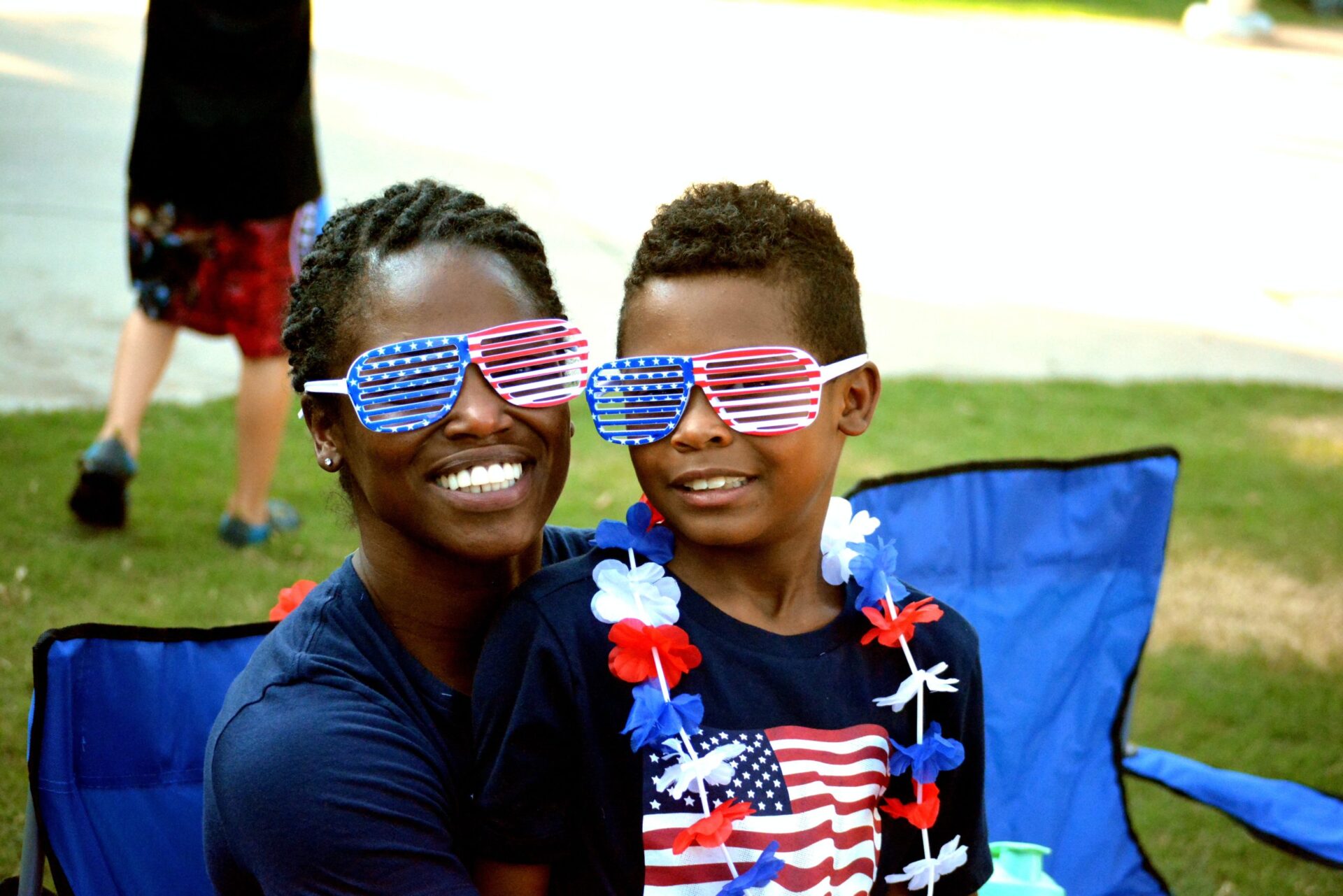Independence Day
by Deb Hane
When you think about July 4th, you might get excited about picnics and fireworks. That’s a part of my family tradition. Fireworks add to that great feeling of celebration. And to think, we’re celebrating something that happened nearly 250 years ago! The Fourth of July commemorates the United States’ declaration of independence and the birth of our nation. As Americans, we value our independence. But with independence comes responsibility. I think of our goal as parents to raise our children to become independent adults. We look forward to their independence day.
But to get there, they will have to learn how to take responsibility—responsibility to work to make their own money, drive and maintain their own car, pay their bills, prepare meals, clean their home, take care of their yard, and get things fixed. To have independence without proper discipline is trouble waiting to happen. Often in today’s culture, “discipline” has become synonymous with harsh punishment. But discipline should be seen as a means of growing self-control and responsibility in our children to help them be self-disciplined, independent adults. When dealing with children, good discipline is hard work. You may be tempted to not hold your children accountable and just let them do their own thing. But let me encourage you, the hard work of discipline is worth it to produce responsible, independent adults.
Here are three ways I’ve learned to help ease the burden of disciplining my children.
First, establish consequences for disobedience and talk to your children about them. I created a chart for each of my children. Each morning their paper clip started in the middle. As they obeyed, they could move their clip up to earn a reward or when they disobeyed, they’d have to move their clip down. My chart had three consequences—no dessert, no TV (including video games), and go to bed early. The three rewards were—choose a movie to watch, choose a family game to play, and choose a special dessert. Throughout the day, I would tell them to move their clip up or down depending on their behavior. They saw the consequences of their actions. What they did that evening depended on where their clip was. Teaching kids to understand consequences will help produce responsible, independent adults.
Second, be consistent. When I ask a child to do something, I expect him to do it. Maybe you’ve heard the parent who counts to three, “One, two… two and a half…”with longer pauses before the final 3! Be careful to not be wishy-washy about your expectations or kids may not take you seriously. Move quickly to your established consequence for disobedience. If kids know you will follow through because you consistently have in the past, this will help lead to immediate obedience based in trust, not fear. This can also help reduce frustration and hold anger in check. When children are allowed to continue their bad behavior, it reenforces that behavior. Consistent discipline is also important in your teaching ministry. Kids need to learn classroom discipline—whether it’s the discipline of not talking in class, sitting still, or not bothering others. How well do you hold children accountable to do what they should do? Training kids in discipline will help produce responsible, independent adults.
Third, defer to the higher authority. God, the Creator of all things, is the one who has established right and wrong. The Bible tells us how God wants us to live. And obeying His rules will always be for our best. It’s our responsibility to train children in the way they should go according to God’s Word. It’s important for kids to understand God’s position of authority over their lives. And that God has established other positions of authority they should respect. Teaching children to study the Bible to learn about God and what He has to say will help produce responsible, independent adults. After all, our goal for children is that they become independent adults. But to get there, they need to learn discipline and how to take responsibility so one day we can celebrate their independence day.
Parenting Tip:
What do you do when kids demand attention and rudely interrupt when you’re talking with others? I’m reminded of parents who taught their children to not interrupt when they are talking with others. Instead, the children were to put their hand on their parent’s arm to show they want their attention and wait for their parent to address them. That practice taught the kids to respect their parents and how to be patient. Good training will prepare children to become independent adults.
Stay Connected with CEF
Subscribe to our email lists to receive updates, news, and stories based on your needs and interests.

